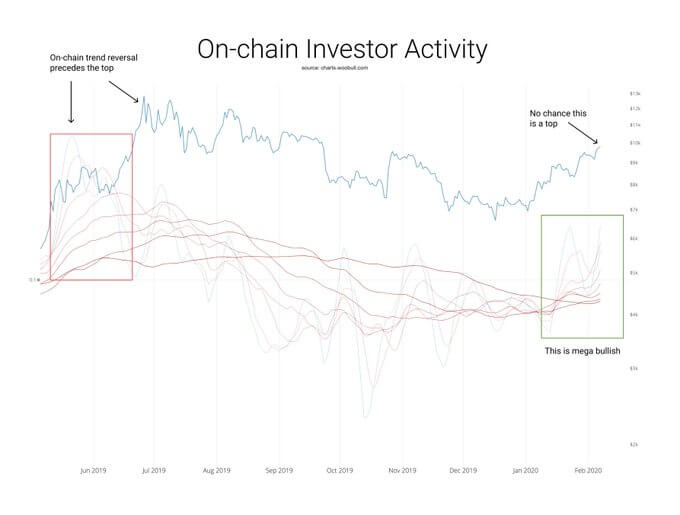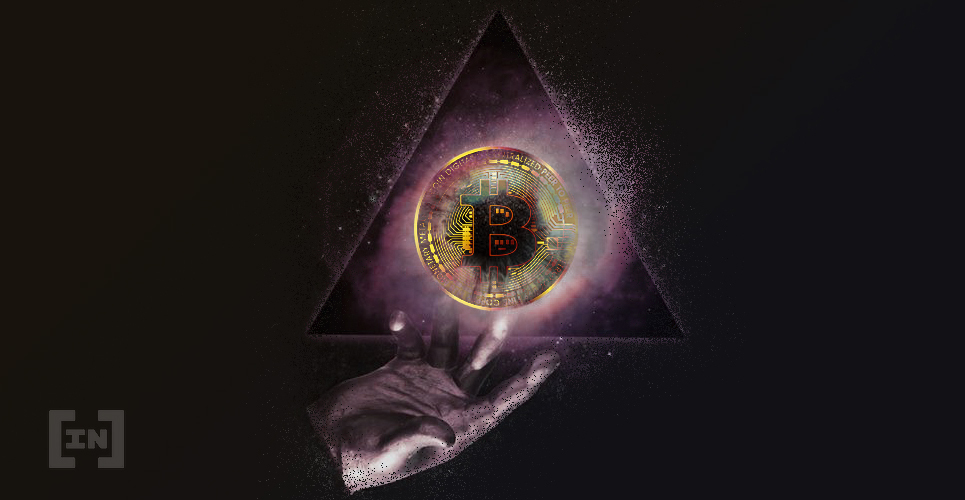
2024-6-14 10:02 |
An Indian high court has ruled that dealing in cryptocurrencies is not illegal. The ruling came in relation to a case involving a crypto Ponzi scheme.
Per a local report, Justice Sasikanta Mishra of the Orissa High Court has asserted that cryptocurrency is not considered money under Indian law.
A suspected Ponzi SchemeThe ruling pertains to a case involving two individuals suspected of operating a Ponzi scheme. The scheme revolved around a bogus cryptocurrency dubbed the Yes World Token.
Targeting private individuals, the scam promised investors lucrative returns on investments. Like any Ponzi Scheme, users were incentivised to add more members.
They would be rewarded with interest or bonuses proportional to the number of new members they recruited.
With this multi-level marketing (MLM) approach, the scheme managed to create a vast network of users.
The duo allegedly created trust wallets, which are not to be confused with the popular cryptocurrency wallets that go by the same name.
Interestingly, the accused were not charged. Justice Mishra noted that there was no evidence of a direct transfer of money from the investors to the accused.
Instead, all funds remained in the wallets of the investors. As such, there was no proof of direct financial gain or dishonest inducement.
Cryptocurrency is not moneyThe burning question was whether these activities were considered illicit under India’s Prize Chits and Money Circulation Schemes (Banning) Act and the Odisha Protection of Interests of Depositors (OPID) Act.
The Judge ruled that “Cryptocurrency is not money,” adding that “the investment made by the general public in cryptocurrency cannot partake the nature of deposit within the meaning of OPID Act.”
As such, the ruling concluded:
Mere dealing in cryptocurrency cannot be treated as illegal in any manner. Hence, it cannot be treated as an offence under the OPID Act.
According to Mishra, the scheme operated on a “person to platform” basis. He explained:
The accused can only be said to have attempted to convince members of the public […] The methodology adopted being person to platform, it cannot be said that the accused had cheated any person, particularly in view of the fact that any amount invested by any person remains secure in his or her trust wallet.
Justice Mishar’s ruling aligns with India’s current definition of cryptocurrencies. While there are no solid regulations, the nation considers cryptocurrencies as ‘Virtual Digital Asset’.
Digital assets cannot be used as legal tender within the jurisdiction but are subject to tax obligations like a 1% TDS and a 30% capital gains tax.
India is currently working on licensing cryptocurrency service providers.
The post Indian high court rules cryptocurrency dealings not illegal appeared first on Invezz
origin »Bitcoin price in Telegram @btc_price_every_hour
Achain (ACT) на Currencies.ru
|
|






















